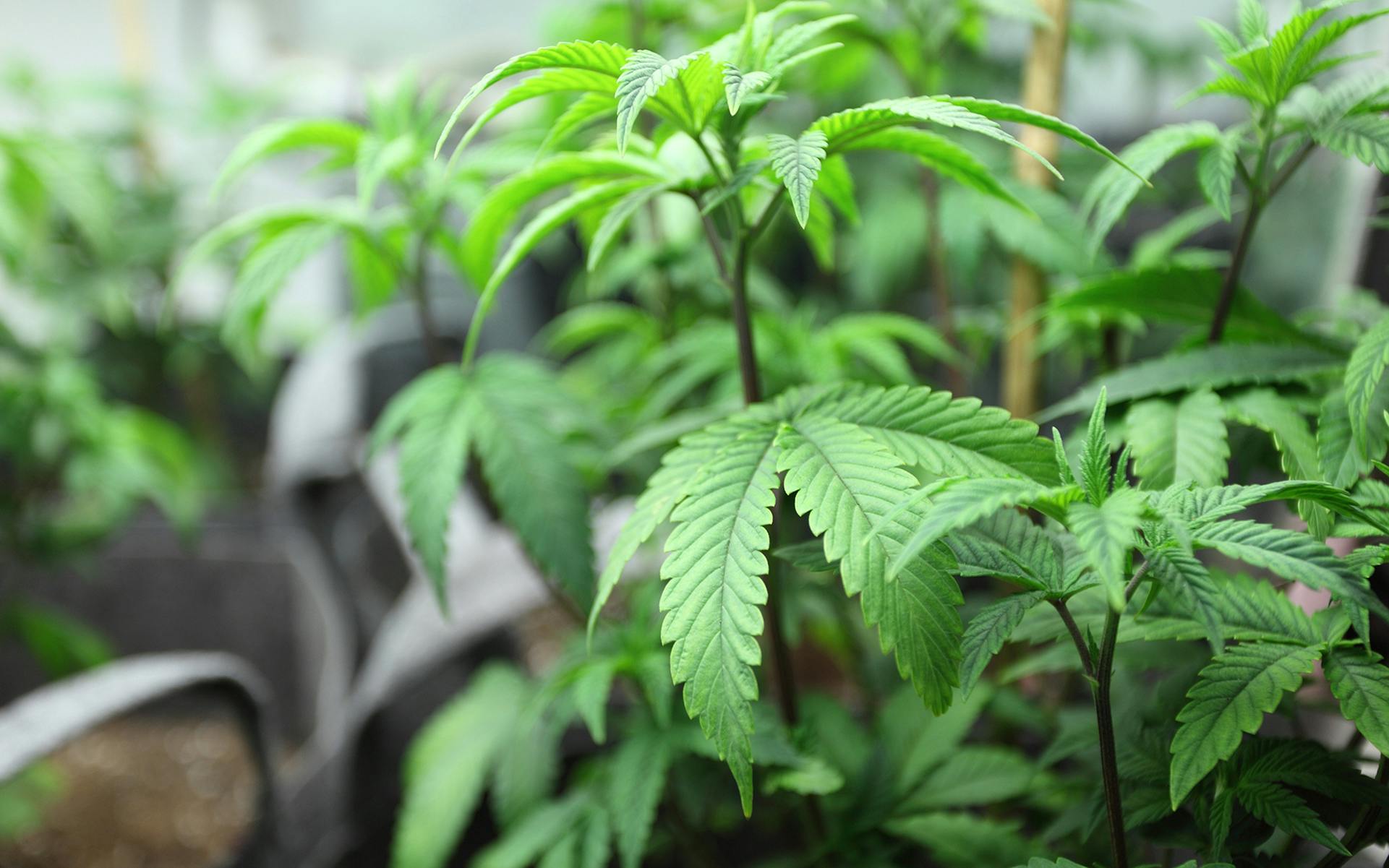Americans for Safe Access (ASA), the medical cannabis patient advocacy group, recently released its annual report assigning letter grades to states based on the proficiency of their medical cannabis programs. The good news: 39 states improved their medical cannabis laws last year. The bad news: Six states have yet to legalize any form of medical cannabis, including CBD products, and many others still struggle with restrictive laws, limited access or daunting prices.
The good news: 39 states improved their medical cannabis laws last year.
ASA activists were involved in medical cannabis policy improvements in 23 of the 39 states, according to ASA Executive Director Steph Sherer.
“What we’re experiencing is the byproduct of a movement of doctors, scientists, patients, their families, and policymakers advocating for a patients’ safe access to medical cannabis,” she said in a statement. “Every positive change in a law or regulation is the result of thousands of hours of work by these stakeholders.”
In the map below, scroll over each state to discover its ASA-rated medical cannabis patient score and grade. States with no form of medical cannabis legality, such as Idaho and Nebraska, are blank.
This year’s top state for MMJ patients, according to ASA’s criteria, was Illinois. Rounding out the top five were Michigan, California, Oregon, and Maine. The five worst states were Wisconsin, Tennessee, Missouri, Utah, and Wyoming.
Best Ten States for Medical Cannabis Patients
| Rank | State | Score | Grade |
|---|---|---|---|
| 1 | Illinois | 89.8 | B+ |
| 2 | Michigan | 88.75 | B+ |
| 3 | California | 87 | B+ |
| 4 | Oregon | 86.2 | B |
| 5 | Maine | 86.2 | B |
| 6 | New Mexico | 85.8 | B |
| 7 | Nevada | 84.6 | B |
| 8 | Montana | 83.75 | B |
| 9 | Ohio | 83.75 | B |
| 10 | New Hampshire | 82.6 | B- |
Worst Ten States for Medical Cannabis Patients
| Rank | State | Score | Grade |
|---|---|---|---|
| 50 | Wisconsin | 21.4 | F- |
| 49 | Tennessee | 23.8 | F- |
| 48 | Missouri | 24.8 | F- |
| 47 | Utah | 25.8 | F- |
| 46 | Wyoming | 26.8 | F- |
| 45 | Iowa | 26.4 | F- |
| 44 | North Carolina | 28 | F- |
| 43 | South Carolina | 28.8 | F- |
| 42 | Alabama | 30.4 | F- |
| 41 | Mississippi | 30.6 | F- |
The ASA used five main categories to determine a state’s grade:
- Patient Rights and Civil Protection from Discrimination, which includes arrest and DUI protections
- Access to Medicine, which includes availability of edibles and other forms of cannabis
- Ease of Navigation, such as reasonable fees and qualifying conditions.
- Functionality, which includes fair purchase and possession limits
- Consumer Safety and Provider Requirements, meaning staff at all levels, from the growers to the dispensary, are thoroughly trained.
States receive a score of 0 to 100 in each section, and were awarded bonus points for making significant changes from the year prior, said Sherer. That may help explain why some seemingly surprising locations—such as Michigan, Ohio, and Montana—made it into the Top 10. Those states, along with Florida, Arkansas, and Pennsylvania, made the most progress from the year prior.
Still, no state in the country received an “A.” More than a dozen received the dismal mark of “F-minus.” 19 states received a “B” or above, though. That’s eight states more than scored that grade in 2016.
Illinois was ranked number one in the country, clocking in at 89.8 points with a B+ grade, while Colorado, the mother of the marijuana industry and a pioneer on many fronts, didn’t even make the top ten.
Least improved: Washington state
Washington state, typically considered one of the most progressive marijuana states, received a C-minus with just 72.6 points, a full letter grade lower than the year before. That dramatic dip was due in large part to the state’s forced marriage of its recreational and medical marijuana systems. With hundreds of Washington dispensaries shutting their doors last year and few recreational shops awarded medical endorsements, cannabis is now less accessible to the patients who need it, said Sherer. They must drive further to get it, have less in-store support when choosing a treatment, and must buy their cannabis at recreational shops.
In Washington, patients now stand in line next to someone who may be getting cannabis to go to a concert over the weekend.
“Patients now have to stand in line next to someone who may be getting cannabis to go to a concert over the weekend,” said Sherer.
On the other end of the spectrum is Illinois, which ASA scorers awarded the maximum amount of bonus points because of the comprehensive improvements made to its medical marijuana programs.
“Both the legislature and the regulatory system made efforts to improve the law,” Sherer said.
What Illinois did well
Bob Morgan, former coordinator of the State of Illinois’ medical cannabis program, helped create the system praised in the report. He looked to other states’ best practices, a collection of Illinois town hall meetings and more than 10,000 public comments, to shape Illinois’ own system.
The state's secret sauce: strong legal protections and clear information.
While Illinois may have scored at the top of its class, the state’s program still faces major hurdles, said Morgan. The cost of medicine remains high, and there are a limited number of dispensaries around the state. Illinois is the only state that requires patients to be fingerprinted and pass a criminal background check before receiving a state-issued medical marijuana card. In the ASA report, Illinois received its lowest score in the Access to Medicine section, where it was docked heavily for not allowing delivery and not allowing person cultivation or collective gardening.
“The idea that Illinois it the best in the country to me, raises the question about what the bell curve is [out] there,” Morgan said. “It’s a really low bar, if Illinois is the best.”
Illinois has implemented some standout strategies though, said Morgan, including comprehensive civil protections for cannabis users, and rigorous standards for product testing, which means patients aren’t ingesting contaminated cannabis. The state’s regulatory agency also has a sophisticated communications platform to provide Illinois medical marijuana patients with the information they need, such as how-to guides for patient applications and clearly marked locations of nearby dispensaries, said Morgan.
In addition to changing the laws surrounding medical cannabis, ASA’s goal is to encourage doctors to recommend cannabis for patients with chronic conditions at the time they are diagnosed, and “not waiting until a patient’s kidneys are failing,” said Sherer. While some believe that growth of the recreational cannabis market will also improve access for patients, there can be complications when all cannabis consumers are lumped together, she said.
“If somehow an adult use market will bring down the cost for patients, great, but the truth is there has to be a separate program,” said Sherer. “I know it’s the same plant but we’re very different sets of consumers and what we want from this plant is very different.”






